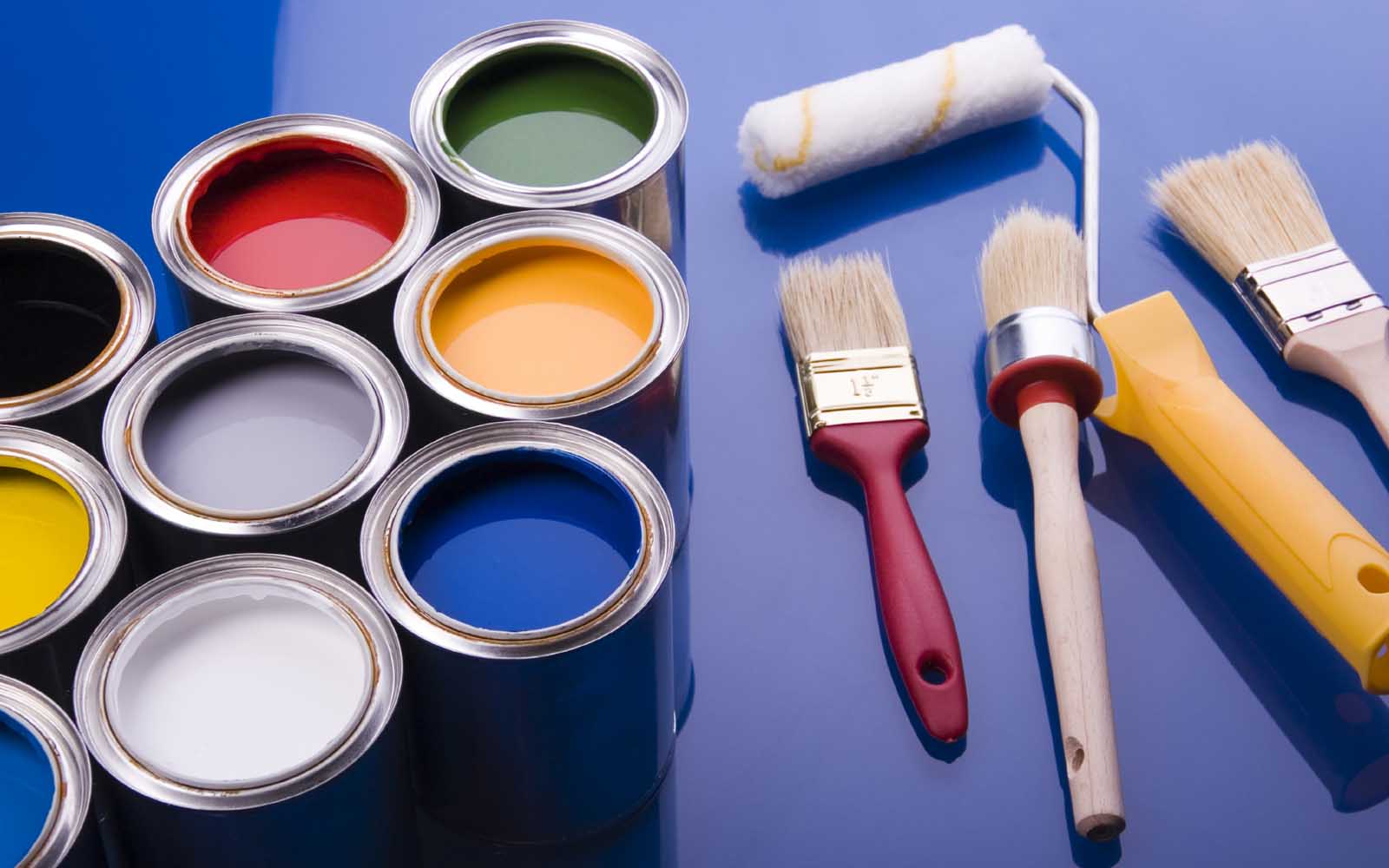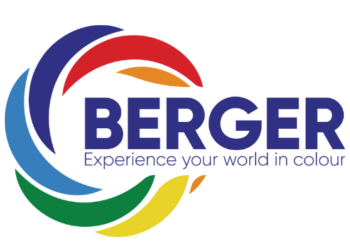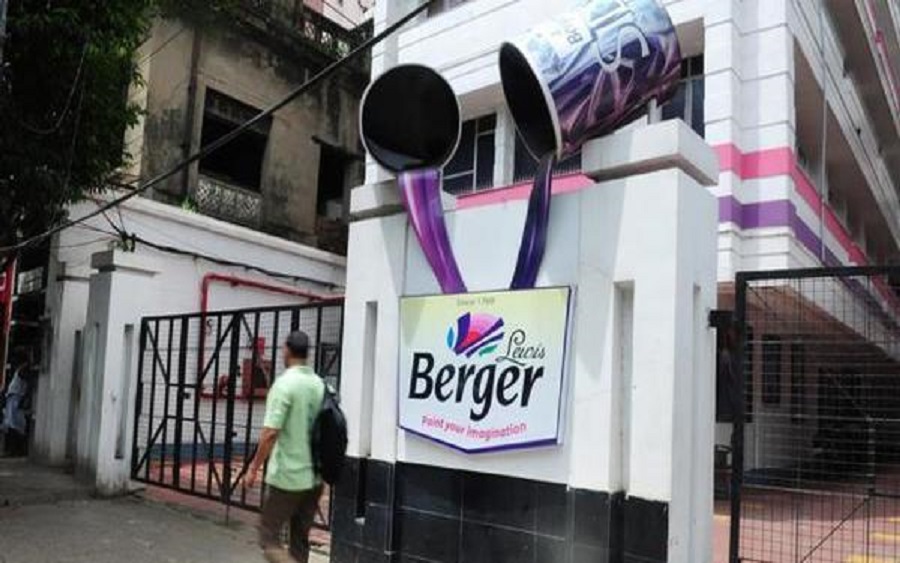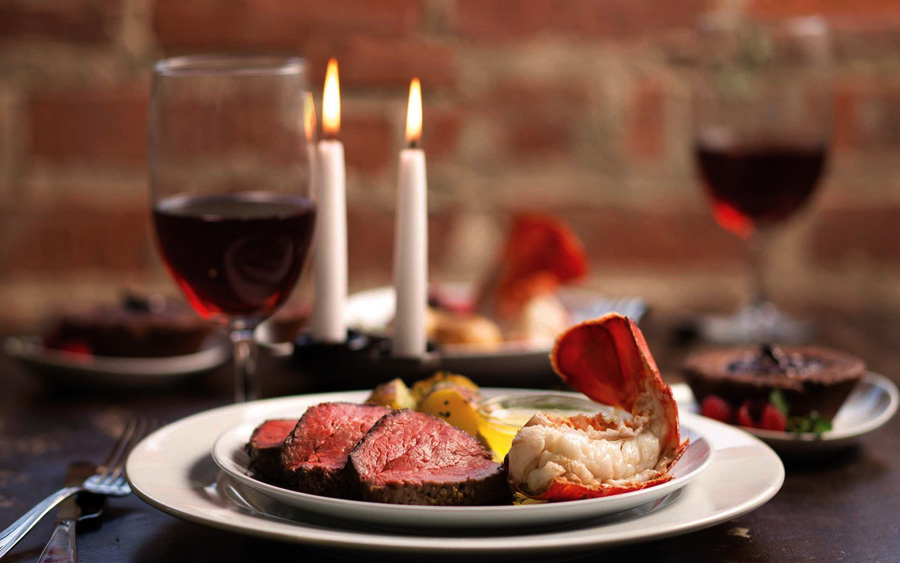In Nigeria, paint manufacturing companies have been in existence since the early sixties, though most of them existed as subsidiaries of foreign companies until the indigenisation decree that saw many of them being partly or wholly bought over by local investors.
Paint is any pigmented liquid, liquefiable, or mastic composition that, after application to a substrate in a thin layer, converts to a solid film and it is most commonly used to protect, colour, or provide texture to objects.
The Nigerian paint market has witnessed the emergence of new, small-scale brands battling for market share with the ‘big elephants’ in the industry, some of which are listed on the Nigerian Stock Exchange.
The key drivers of the paint industry in Nigeria have always been the high demand for real estate properties and growing construction market and industrial production. However, the recent economic contraction dealt a big blow to the balance sheet of some of the manufacturers, as most of them depend largely on importation for their raw materials.
Welcome to this week’s edition of product review, a weekly analysis where Nairametrics features products contending for leadership and prominence in Nigeria’s consumer market. This week, we take a look at various paint brands and how they are competing for profitability and visibility in the market space.
Some facts and Figures on Nigeria’s Paint market
In 2012, the Nigerian paints and coatings market was worth an estimated $200 million with an estimated Compound Annual Growth Rate of 9.01%.
According to Mr Chris Kiwanu, a consultant with the Bank of Industry, Nigeria’s paint industry is projected to record five per cent growth rate from its present estimated $268 million to $377 million by 2025. He also projected that local paints consumption should grow from 391.75 million litres in 2020 to an all-time high of 1 billion litres by 2025, in an ideal operating environment.
Brands in the market
The paint industry in Nigeria is a very competitive one. Numerous companies, both big and small, continuously push the boundaries through innovation in order to churn out the finest paints.
The paints variants can be classified into the decorative paints segment and industrial paints segment. While decorative paints are used for interior and exterior house paintings, industrial paints are used for industrial paintings.
Variants in the decorative paint segment include emulsion, gloss, silk/satin, while variants of industrial paints include auto paints, marine paints, wood, road markings, bright aluminium, bituminous, etc.
Notable brands in the Nigerian market include Berger Paints, Dulux, Caplux, Finecoat, President, Prestige, and Eagle, just to mention few.
A 2016 Data from the Standards Organisation of Nigeria (SON) reveals that there are 68 registered paint producers in Nigeria that meet SON requirements.
Big Players in the market
These are manufacturers that laid the foundation of indigenous paint manufacturing in Nigeria and have continued to remain on top by refusing to compromise the quality of their products. They control the market and have been in existence for decades, starting as importers of paint products but moving to local production as demand increased.
Chemical and Allied Products (CAP) Plc, a subsidiary of UAC of Nigeria (UACN) Plc, is in the paint and coat production business. The company was established originally as Imperial Chemical Industries, but later became ICI Nigeria Limited in 1965.
Following the promulgation of the Indigenisation Decree in 1972 and 1977, ICI Nigeria Limited sold 40%, and then 60% of the company to the Nigerian public and changed its name to Chemical and Allied Products Limited.
In 1992, ICI Nigeria Limited finally disposed of off its minority 40% shareholding in CAP Plc, when it sold 35.7% of its equity to UAC of Nigeria Plc and the rest to the Nigerian public on the floor of the Nigeria Stock Exchange (NSE). Currently, UAC of Nigeria Plc holds about 50.09% of the company’s issued share capital.
It has grown over the years to become one of Nigeria’s leading paint manufacturers. It has a wide range of paint variants that have continued to meet the various painting needs of Nigerians. Its major brand includes the popular Dulux and Caplux brands.
Berger Paints
Berger Paints has brands in different segments, ranging from the Luxol Emulsion, Fire Resistant Texcote, and the Luxol Gloss.
The company was formerly known as British Paints (W.A.) Limited. It is the first paint manufacturing company to be quoted on the floor of the Nigerian Stock Exchange (1973).
Meyer Plc
Meyer Plc currently has brands doing well in the Decorative, Auto Refinishes, Industrial and Wood Finishes.
Meyer Plc is an offshoot of former Hagemeyer Nigeria Limited, the manufacturer of Sigma Paints and Cosmetics. In 1994, Hagemeyer was bought over by Dunlop Nigeria Plc, which led to the change of both the corporate and brand names to DN Meyer Plc and Meyer Paints respectively.
In July 2003, Dunlop Nigeria Plc divested its controlling shares from DN Meyer Plc to ACIMS Limited and DN Meyer Plc ceased to be a subsidiary of Dunlop Nigeria Plc.
Chemstar Industry Nigeria Limited
Chemstar Industry Nigeria Limited, makers of Finecoat and Shield Paints, has grown from a small beginning in 1995 to a huge player in the market.
There are other local and small brands that continue to play on the fringes in the Paint market space.
What consumers are saying
Nairametrics spoke to Mr Eze, a paint shop owner who noted that the paint market has witnessed technological advancements in the methods of production as a result of stiff competition within the industry as every producer is forced to put in its best or be forced out of the market.
According to him:
“Technology and Innovation is driving this market and it is a fast-paced market”
He also added that most people go for brands that have been in the market for years.
“Many brands still benefit from their pioneering status and because they are known for quality, people will always patronise them in the market.”
A Painter who gave his name as Reflex said the Gloss paints are generally more resistant to damage than flat paint, more resistant to staining, and easier to clean. Flat Paint is generally used on ceilings or walls that are in bad shape. This finish is useful for hiding imperfections in walls and it is economical in effectively covering relatively great areas.
Another respondent also said he prefers the Dulux Brand because of its reputation in the market.
“It is a brand known for quality and it has been in the market for years.”
Another painter, Mr Kehinde noted that Finecoat and Berger brands are also well patronised because of their quality.
He was also quick to mention the impact of some small brands who are also doing very well in the market.
Verdict
In a Twitter poll Dulux Brand got 68%, Berger Paint got 17% while Finecoat got 15%.
OPINION POLL: It’s December! Are you planning to repaint your home? On today’s #nairametricspolls we want to know, what’s your best paint brand?
As usual, retweet this tweet and comment with #nairametricspolls— Nairametrics (@Nairametrics) December 4, 2018
The Standards Organisation of Nigeria (SON), a major regulatory body for the chemical and paints industry have been at the forefront of maintaining standards within the sector but are challenged by the sheer number of operators. The regulator must double down to ensure that Paints with poor standards are not allowed into the Nigerian market.
Many new entrants get attracted to paint market space primarily due to inefficient regulatory practices. This has inevitably led to the lowering of standards as most of the fringe players produce sub-standard paints, albeit at a relatively cheaper cost which enables them to sell at a lower price.
Also, limited access to cash has hampered the growth of small manufacturers who continue to find it difficult to compete with the big players most of whom are quoted companies and can always raise funds for expansion.























